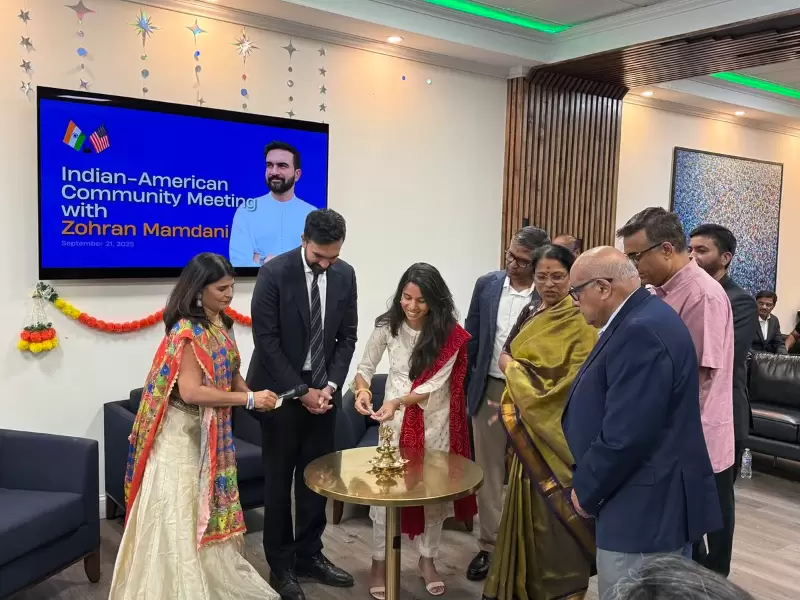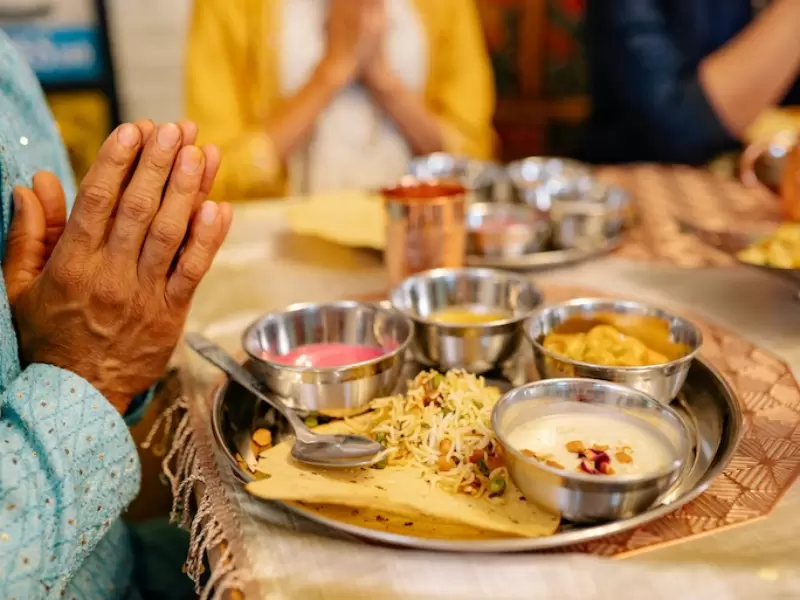Indian diaspora debates the ethics of late-night deliveries
For Indians settled abroad, delivery services often serve as a lifeline for parents back home.
 For Indians settled abroad, delivery services often serve as a lifeline for parents back home. / Instagram/ Prabhu Visha
For Indians settled abroad, delivery services often serve as a lifeline for parents back home. / Instagram/ Prabhu Visha
A video posted by Prabhu Visha, a Netherlands-based Indian-origin digital creator, has sparked reflection among Indians living abroad. In the clip, recorded at 10:15 pm, his mother casually accepts a grocery delivery. All she had done was send a list on WhatsApp and pay digitally.
For those in India, this is everyday convenience. For this member of the Indian diaspora, it raised questions.
At one level, it’s about just a human network functioning with clockwork precision.
For Visha, it’s a praise for efficiency with an admission he is conflicted about it.
“I love the convenience India offers… But sometimes I wonder about the people who make this possible. Someone is out there working late hours, often for low pay, just so our lives can be easier. I wish they get fair contracts, holidays and proper working hours. Convenience should never come at someone’s well-being.”
The post received a variety of responses. While users did not always identify their location, several commenters compared India’s delivery culture to what they considered typical working norms in other parts of the world.
Some expressed caution: “We avoid ordering during odd hours, or when it’s raining or extremely hot. If a delivery person comes late, we offer water or shelter. Better to be responsible.”
Others saw it as empowerment, especially for seniors or those living alone: “It’s such a blessing that even elderly people can access essentials without stepping out.”
A few highlighted labour conditions: “Workers have been fighting for better wages and insurance. Companies profit, but who protects the delivery staff?”
Some pointed out that overwork was not limited to gig workers: “In India, everyone is working beyond limits — from labourers to doctors. The least we can do is be kind.”
There were also reservations about growing dependence: “Convenience is good, but it’s also making people avoid even the smallest tasks.”
Even without knowing where each comment came from, the range of reactions suggests a dilemma shared across geographies: How much comfort is acceptable when someone else is working late to make it possible?
For Indians settled abroad, delivery services often serve as a lifeline for parents back home. Many quietly rely on them for peace of mind. Yet watching from afar — with exposure to stricter labour regulations and defined working hours — the same convenience can feel unsettling.
Whether it is Dusserah or Diwali in India, or in another time zone, the video invites one simple pause: Use convenience — but don’t forget the person who makes it possible.




 Staff Reporter
Staff Reporter















Comments
Start the conversation
Become a member of New India Abroad to start commenting.
Sign Up Now
Already have an account? Login